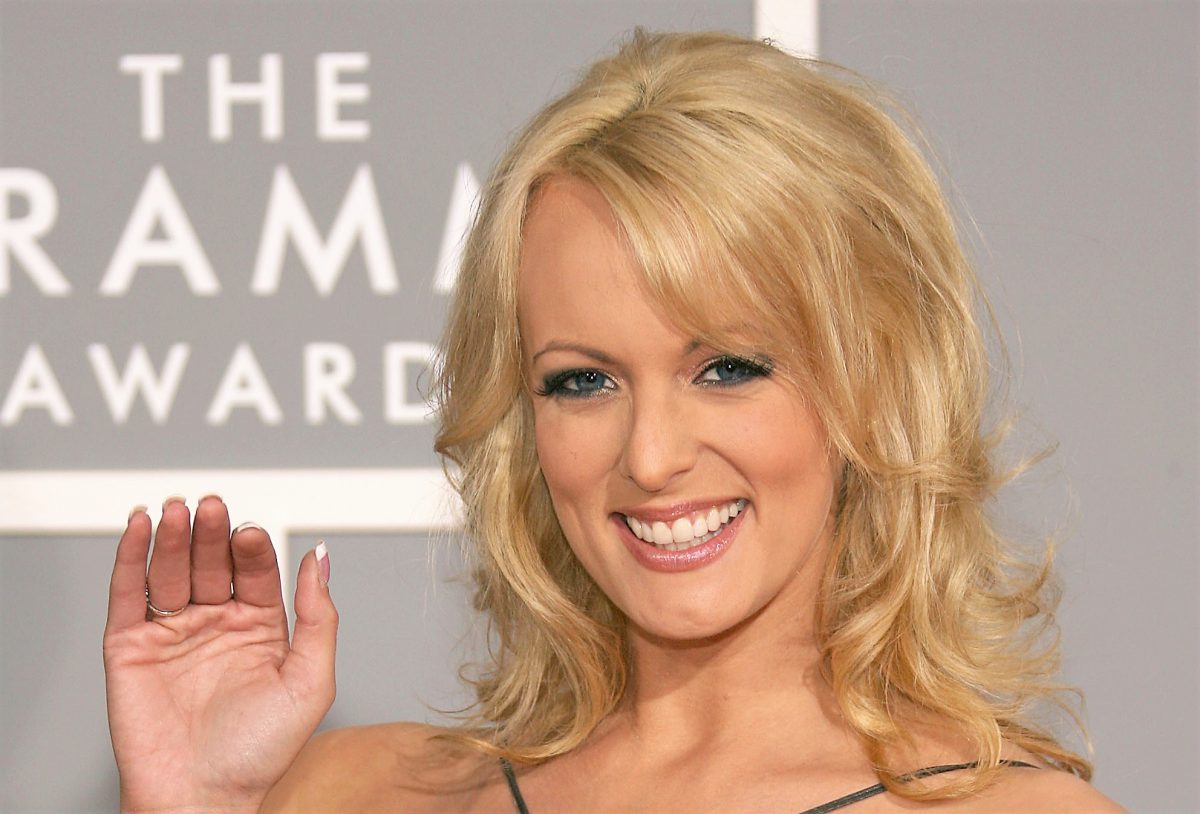
While President Donald Trump and his legal team debate whether he should sit down for an interview with special counsel Robert Mueller for the Russia investigation, another high-profile case could turn out to be far more dangerous to the president. Trump has long maintained that there is “no collusion, no obstruction” regarding Russia, and he may be right, but if he isn’t careful, the Stormy Daniels case could end up being his undoing.
George Washington University Law Professor Jonathan Turley noted in a recent column that the mixed messages recently being spread by Trump and his legal team regarding the hush money paid to Daniels are concerning. First, Trump appeared to deny having any knowledge, at the time, of the $130,000 payment to Daniels in exchange for her silence regarding an affair she claims she had with Trump. His lawyer, Michael Cohen, claimed he acted on his own, without being reimbursed. This story raised questions of the payment being an illegal campaign contribution from Cohen, with Trump’s legal exposure hinging on his knowledge of the payment. When Rudy Giuliani joined Trump’s legal team, he told a very different story, saying this was not a campaign contribution, and that Cohen was reimbursed. This story was later amended to say that the reimbursement was in the form of payments for Cohen’s retainer.
Giuliani’s story raised new campaign finance questions, but kept Trump mostly in the clear from allegations by saying he didn’t know where the money was going, only that it was repaying Cohen for doing whatever it is “fixers” like him do. As Turley stated, however, the actual campaign finance allegations aren’t the biggest problem.
“The greatest danger of the campaign-finance allegations, however, is not the charge itself,” Turley said, noting that violations like this are “rarely charged criminally.”
The real vulnerability could come as a result of Trump’s reaction to the criminal investigation of Cohen for potential campaign-related offenses. If Trump is intentionally having his team spread mixed messages, that could be a problem, according to Turley.
“If the president was involved in sending out a false public account by both his private counsel and White House staff, it could be treated as a potential criminal matter,” he said. This would certainly be the case if Trump is encouraging this response with regards to the federal investigation, and not just with the media.
“Efforts to withhold evidence, encourage false testimony, or influence witnesses could present credible foundation for criminal charges ranging from witness tampering, obstruction to subornation,” Turley said.
When it comes to the Russia probe, Turley acknowledged, obstruction of justice is much harder to prove, particularly when it comes to the firing of James Comey. This is because Trump was allowed to fire Comey, and it’s difficult to prove a corrupt intent. As far as Stormy Daniels and the Michael Cohen case are concerned, however, Trump doesn’t have any such legal protection from making an investigation more difficult.
For now, the best way for Trump to stay out of trouble is to keep quiet, and if his attorneys insist on speaking publicly, they should get their stories straight first.